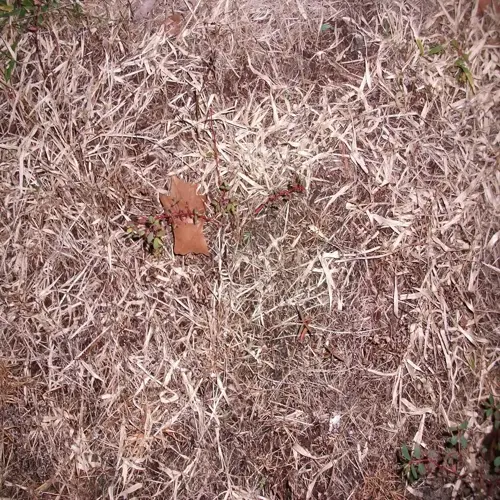When is the best time to amend clay soil?

Written by
Nguyen Minh
Reviewed by
Prof. Charles Hartman, Ph.D.The timing of clay soil amendments determines their efficacy, and it also prevents damage. The seasonal conditions have a dramatic impact on how the amendments integrate into compacted clay soil. After many years of experimentation, I now plan my garden activities around particular weather patterns. When the timing is perfect, it protects the soil's structure and contributes to faster improvement.
Late Summer/Early Autumn
- Ideal window for major amendments
- Cooler temperatures aid integration
- Winter freeze-thaw cycles break down materials
- Allows full transformation before spring planting
- Apply compost or gypsum in September
Spring Precautions
- Only top-dress existing beds
- Avoid disturbing waterlogged soil
- Test moisture with squeeze method first
- Plant cover crops instead of tilling
- Focus on planting not amending
Dry Summer Periods
- Safe for surface applications only
- Apply thin compost layers for moisture retention
- Gypsum requires irrigation activation
- Avoid deep incorporation during drought
- Water immediately after application
Before carrying out any work, test the soil's moisture level to ensure it is suitable for the task. To do this, use the reliable squeeze test! Grab a handful of soil. Squeeze it firmly. If it remains a solid ball of soil and doesn't break apart, wait for drier weather. I have a soil probe in my shed, which I use to check subsurface moisture levels throughout the year.
Synchronize with regional rainfall cycles. Add gypsum ahead of fall rains to allow for natural incorporation. Apply compost ahead of the dry summer months to retain moisture and promote efficient, localized water usage. In the Mediterranean climate, I apply before winter rains. Sync up with your local weather cycles.
Read the full article: Clay Soil Amendments: The Ultimate Guide

